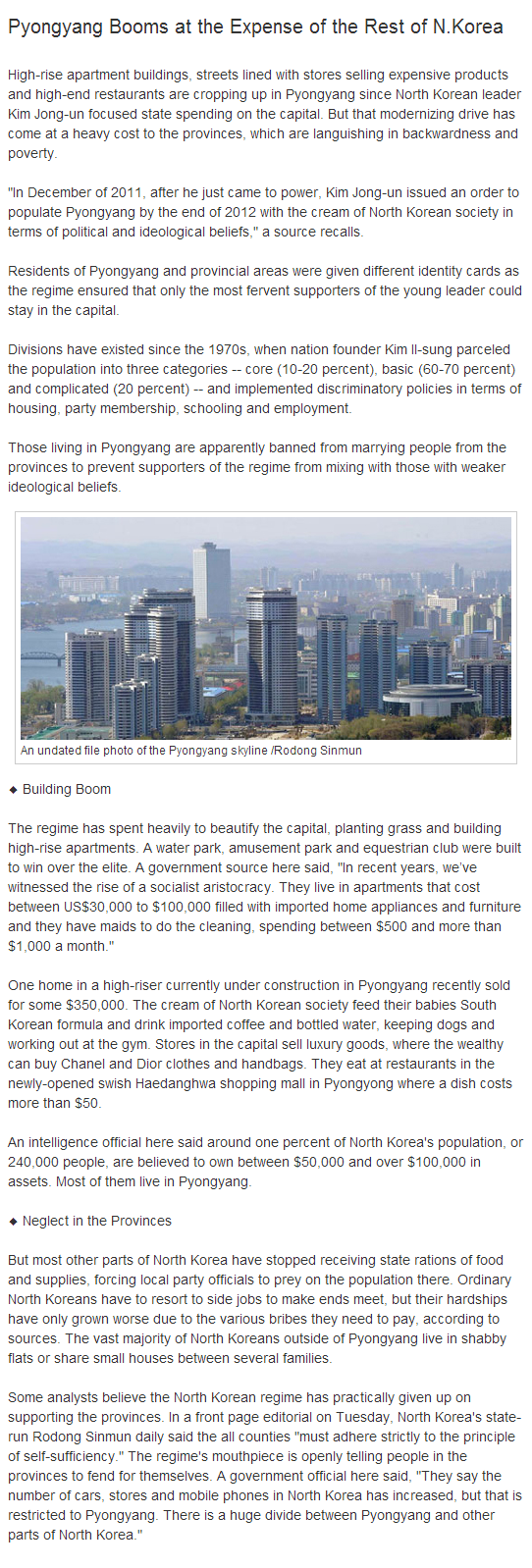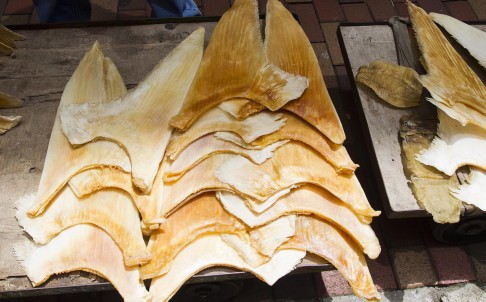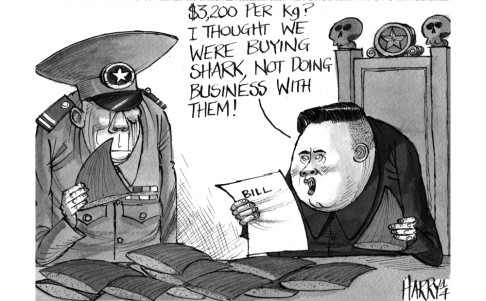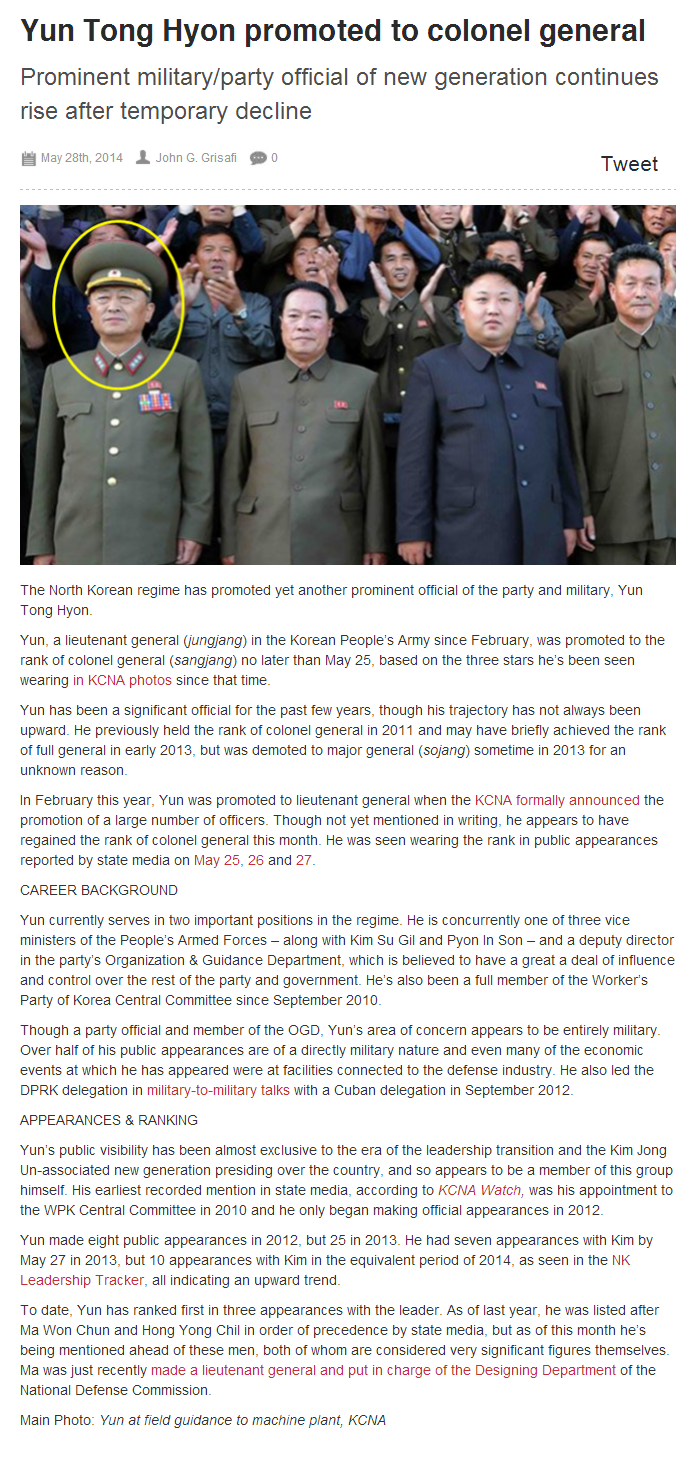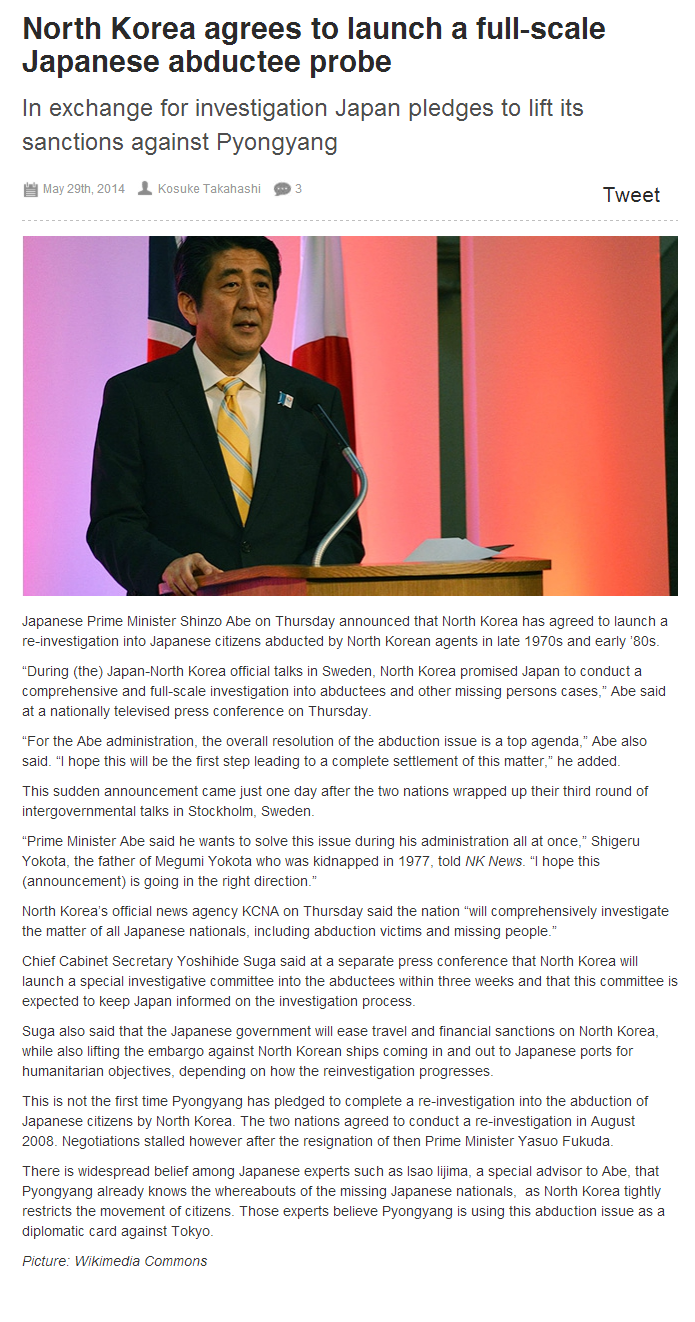- Joined
- Aug 14, 2011
- Messages
- 225
- Points
- 0
Collapse Highlights Poor Construction Record
Lee Sang Yong | 2014-05-19 20:52
Longstanding concerns over the condition of North Korean buildings have reemerged following the collapse of a 23-story apartment building in downtown Pyongyang on May 13th. The collapsed apartment was part of a residential complex initiated on the orders of Kim Jong Il and completed under Kim Jong Eun.
According to defectors, the teams mobilized for the construction were made up of servicemen affiliated with the Ministry of People’s Security, and did not include experienced construction workers. Moreover. like the majority of other construction projects in the country, the site suffered from a chronic lack of good quality concrete and steel reinforcements. On those occasions where materials do become available on state projects of this nature, rampant corruption and the disincentives of socialist means of production mean that they are regularly siphoned off and sold.
The apartments formed part of Kim Jong Il era plans to modernize Pyongyang. With an intended completion date of December 2012, construction began in September 2009 in 13 different districts of Pyongyang. However, in 2011 and with the impossibility of completing all projects now clear, the construction of prominent apartments on Changjeon Street in the central Mansudae District was prioritized, and workers were moved there to meet the demand.
At the time, sources reported to Daily NK that the authorities had shifted factory workers to work on residential dwellings on the outskirts of Pyongyang, but as resources all went to the core project resentment grew amid accusations of incompetence.
After Kim Jong Eun came to power, there appeared to be little interest in the project to build "100,000 homes in Pyongyang." The Kim regime is now absorbed in construction projects that cater to specific professions, such as satellite and military scientists and engineers, along with academics from Kim Il Sung University.
Requesting anonymity, one senior defector explained to Daily NK, “Kim Jong Eun goes back and forth. On the one hand he focuses on building up Changjeon Street as part of ‘gift politics’ for high-ranking cadres. It's like he has nothing to do with this particular collapse. If anyone must pay for this collapse of this apartment, it’s Kim Jong Eun.”
Furthermore, the defector said, “The residences on Changjeon Street were completed within a year. It may be that the harmful effects of North Korea’s focus on ‘speed’ cannot be avoided. Only the homes of the top leadership are constructed with high-grade cement, and with the exception of these, it’s not considered at all strange that buildings in the North could crumble and fall at any time.”









